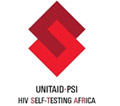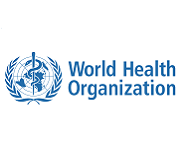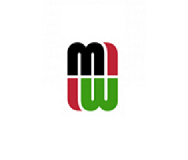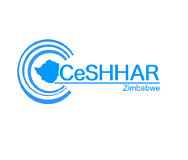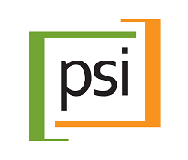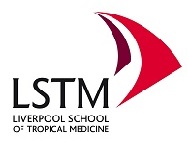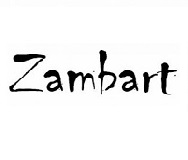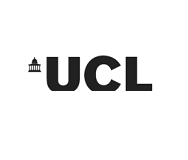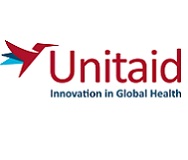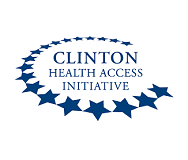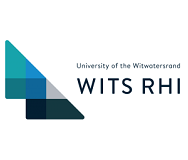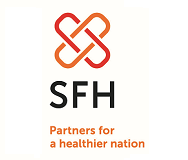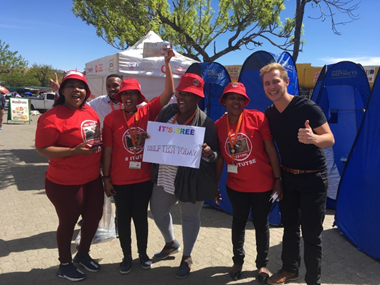
01/11/2018
Costing studies to inform the introduction and scale up of oral HIV self-testing in Lesotho. In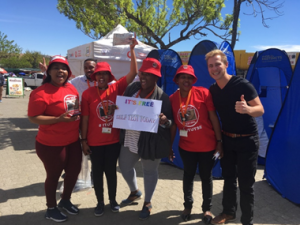 troduction of a STAR expenditure data tracking system with the implementer (PSI) and the research (LSHTM) teams.
troduction of a STAR expenditure data tracking system with the implementer (PSI) and the research (LSHTM) teams.
Why is this needed?
Lesotho is introducing HIV self-testing (HIVST) with Population Services International (PSI), to advance its national HIV prevention strategy to reach the UNAIDS 90/90/90 and 95/95/95 goals. Cost estimates from program initiation and scale up are needed to increase the evidence base on different implementation options for policymakers. In a context with scarce resources, this costing study led by the London School of Hygiene and Tropical Medicine (LSHTM) aims to present the total and unit costs per person accessing HIV testing as well as incremental costs of adding HIVST to existing services.
How does Lesotho distribute HIV self test kits?
Lesotho is distributing HIVST mostly through PSI New Start static sites and mobile outreaches covering urban and rural communities in five of the ten districts of Lesotho (Maseru, Berea, Leribe, Mafeteng and Mohale’s Hoek). HIVST kits are also distributed to women attending maternal, newborn and child health services at public hospitals to give to their partners if they are not able or willing to come to facilities for HIV testing. Finally, HIVST kits are provided through uniformed forces health facilities to the military and police staff. Additional models of HIVST kits distribution are starting in Lesotho and include the workplace, key populations (Female sex workers and men who have sex with men) hotspots and taxi ranks.
What will the costing study do?
The costing study will estimate financial and economic costs of providing HIVST among the different models with PSI expenditure analysis complemented by an ingredients-based approach (i.e. top-down and bottom-up costing). The top down costing applies to PSI expenditure data analysis and ensures that all financial costs are captured and have high comparability across STAR countries. The bottom up costing at the various sites will capture cost allocation factors as well as economic costs (donated goods and services).
The first round of cost data collection was conducted between September and October 2018 by Marc d’Elbée (health economist – LSHTM) and Taole Matee (monitoring and evaluation officer – PSI) in all PSI sites, five public hospitals (Maseru and Thaba-Tseka districts), the Makoanyane military base, and the hospital for police staff run by the AIDS Health Foundation.
Will this get out of the ivory tower?
PSI is also working on adding additional account codes to their financial reporting system to increase transparency, oversight and accountability as requested by their donor. The STAR research team has been working with PSI to incorporate an activity-site code allowing tracking of PSI STAR expenditure by district, HIVST distribution models and sites when possible/necessary. The purpose of these codes is to increase the accuracy of the costing exercise by distribution models and sites as well as facilitate the data analysis. Once piloted in Lesotho, it is the intention to extend this project to all six STAR countries (including South Africa, Swaziland, Malawi, Zambia and Zimbabwe) as a joint effort between the research and implementation teams.

